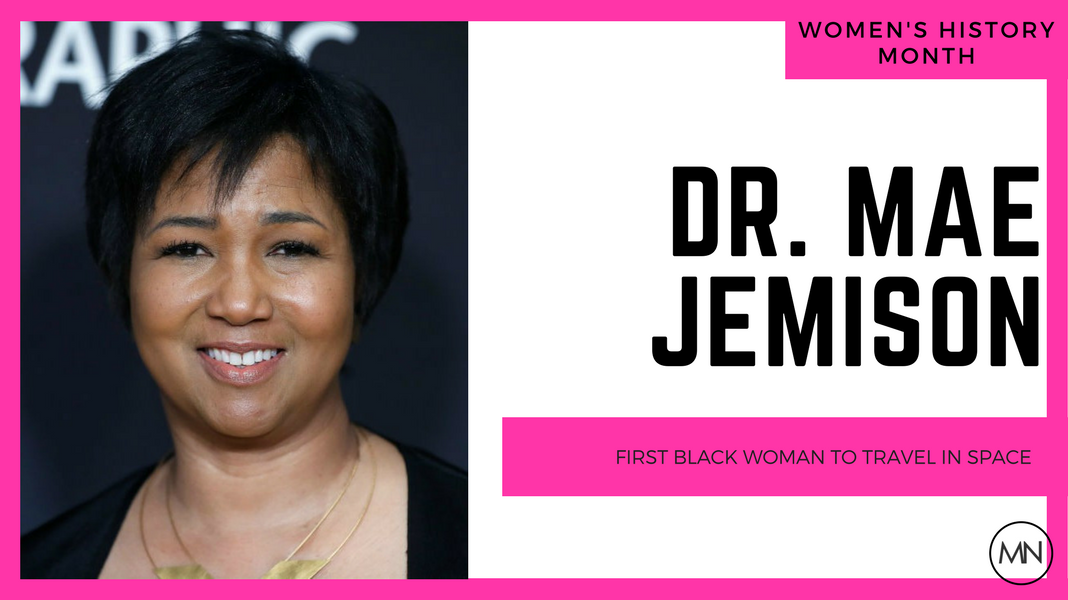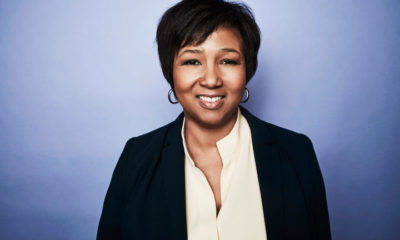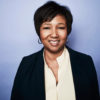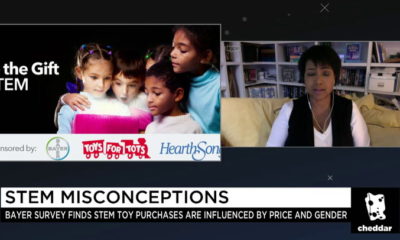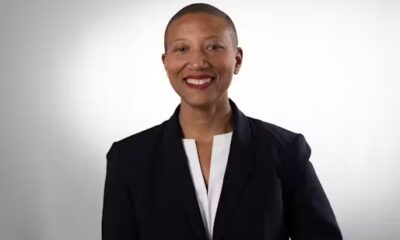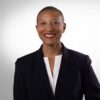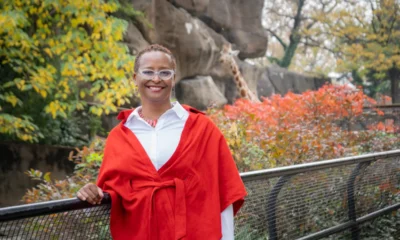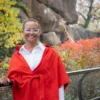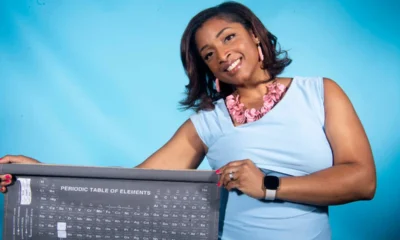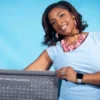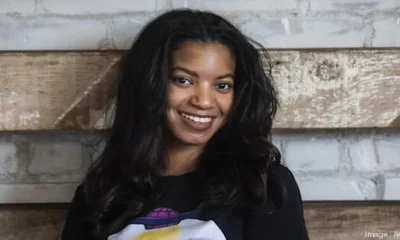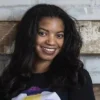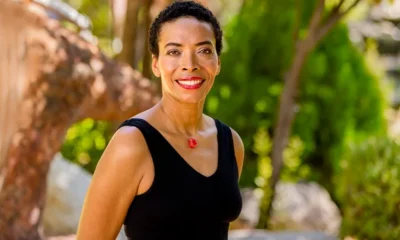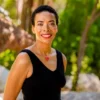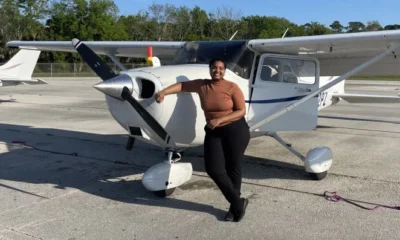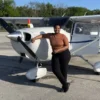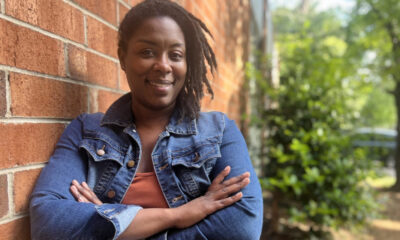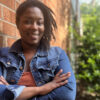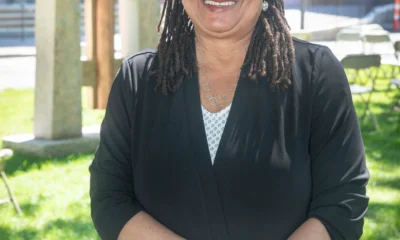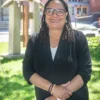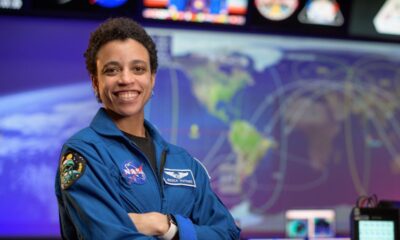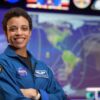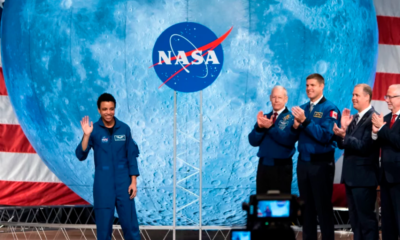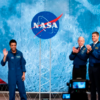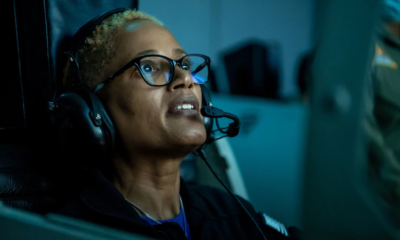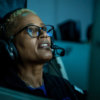Black Women in Science
“It’s About What You Do With Your Place At The Table”: Dr. Mae Jemison On Making History And Making Opportunities For Future Scientists
By Victoria Uwumarogie via http://madamenoire.com
In honor of Women’s History Month, we’re profiling four women who have helped shape history and culture in prominent and impactful ways. Today, we’re featuring Dr. Mae Jemison. The former NASA astronaut, engineer and physician was the first African-American woman to travel in space on the Space Shuttle Endeavour in 1992. Dr. Jemison has nine honorary doctorate degrees, is the president of the 100 Year Starship that promotes the research necessary for interstellar travel, and is currently teaming up with Bayer and the 4-H Council for the Science Matters Initiative. The latter encourages a greater emphasis on teaching agricultural science in schools. With thousands of jobs open in this form of science, and the need for such scientists to power the things that play a major part in our daily lives, it’s best to spread the word. We talked with Dr. Jemison about this, as well the importance of diversity in science and her experience making history
MadameNoire: How would you say your interest in science as a young girl developed, and how can we get young girls to develop a similar interest that could, in the future, turn into a career?
Dr. Mae Jemison: So here’s the deal: All kids love science. I’m just going to say that unequivocally. We come out picking up bugs and stuff in between the couch trying to figure out what this is, asking why do we freeze things, experimenting. The reality is, children have this prodigious construct for learning. It’s only as they go into school that we start to sort of push that out of them because instead of letting them do hands-on things, we have them do things that are rarely that engaging. What we have to really do is to change the way that we do education. I had the pleasure of working with Bayer for over 20 years now on Making Science Make Sense programs where we figure out, what are some of the attitudes toward science and how do we get science literacy? That’s something that I’ve been very interested in. How do we promote and get a more diverse population? Not just engage in science because kids always want to do science, but meaning they get opportunities. So let me put in context what we’re talking about today. By the year 2050, it’s estimated that the world’s population is going to be approaching 10,000,000,000. We’re going to have to produce 60 percent more food worldwide using some of the same resources and we’re going to have to do it sustainably. What we found in surveys is that while eighty percent of high school science teachers think agricultural science education is important, only 22 percent say that they’re able to get it into their classroom curriculum. Fifty percent of them also say that they are teaching less agricultural sciences than they used to 15 years ago. So at the time when we need more education, more agricultural sciences and education, fewer of them are teaching it. We have to figure this out. We have to have people who know what happens in agricultural production. Food to table, that’s the production and distribution of it, and that’s the the preparation for the consumption of it — that’s even the waste disposal. So many times when people think of agricultural sciences, they think of things like farming and tractors, right? But agricultural science is much broader than that. We have to figure out where food is growing, what’s going on with the land. You need data chemistry. You need data scientists. These days you can look down from space and do remote sensing and see things about the mineral content of soil, how well plants are growing, mapping. It’s really important and there are different jobs that are available even in the tech industry, because everybody’s talking about tech. We talk about coding, but you can do things that range from knowing where your animals are to testing the water and the soil. All of those things are included. You can come up with computer algorithms to help understand …
Read More: “It’s About What You Do With Your Place At The Table”: Dr. Mae Jemison On Making History And Making Opportunities For Future Scientists



